On April 29, the words of a heckler, “Palestinians are Muslim dogs,” rang throughout the Quad during the Sit-In for Palestine on campus. These words were spoken with the intention to cause hurt, but in reality, only spoke to the heckler’s own ignorance.
Parallel to the increase in hate crimes committed on Arabs and Muslims post-9/11, history is repeating itself in the U.S. following the Oct. 7, 2023, terror attacks in Israel by militant Palestinian groups. Within three months following the attack, the Council on American-Islamic Relations (CAIR) claims it received 3,578 discrimination-related complaints, a nearly 180% increase from 2022.
The intensity of the situation in the Middle East has led to the level of hate seen today. CAIR reports “many of the incidents in the last year entailed anti-Palestinian… discrimination. CAIR… counts these cases because anti-Muslim and anti-Palestinian bias are often conflated.”
This conflation perpetuated by a single narrative of Arabs and Muslims creates false representations of these communities. When one takes action with incomplete information, one harms not only the targeted community but all of society. By making an effort to better understand Muslim and Arab peers, students can counter hate and move toward unity.
Manar Naser, an anthropology graduate student, is a Christian Palestinian-American. Despite not being Muslim, Naser said her family has faced Islamophobia due to assumptions based on their ethnicity.
“I’ve been called towelhead before, and I’m not even covered or anything, and it’s like, do you even know what you’re saying?” Naser said. “Sometimes people hear that you’re Arab, and they automatically think of ways to insult you and most of those insults are based in Islamophobia which is just really sad.”
In January, I made the decision to wear hijab. It was a deeply personal decision made as a result of my Islamic faith. Nonetheless, I knew this decision meant I needed to prepare myself for the ways in which I would be othered based on my appearance.
Common stereotypes faced by hijabis are that we are oppressed, forced to cover and foreign. These stereotypes don’t abide by my reality nor the reality of countless others.
Ameris Israel-Simmons, a health science sophomore, is an African American Muslim and hijabi. Israel-Simmons said she claims no immediate foreign ancestry.
“I remember when I first wore hijab, I would often hear ‘where are you from?’ and I was like ‘Houston,’ and they would ask ‘But where are you really from?’” Israel-Simmons said.
This conflation leads society to where it is today. Under multiple circumstances, I have been treated so foreign that my American heritage and nationality was entirely discarded because I am a visibly Muslim woman.
Nonetheless, my hijab does not erase my American heritage. I was born and raised in this country as the daughter to a white, Christian mother and an Arab, Muslim father.
I lived my life as an uncovered, relatively liberal Muslim for more than 20 years. One can imagine how dystopian of an experience it is being treated as anything other than American by making one decision.
I am proud to be of the few able to say I am a daughter of the American Revolution and a proud Muslim. No part of how someone else may perceive me can erase these facts.
It is important to understand not every Arab is Muslim and not every Muslim is Arab. Christian Arabs exist, as do secular ones. Moreover, the word Palestinian is not a slur, but a resilient nation.
Amru Fadl, an international relations junior and co-president of the Arab Culture Club, said the importance of the club is to address the lack of cultural awareness around campus.
“I don’t think a lot of people understand the difference between ethnicity, race, culture, Arab, Arabic, Middle Eastern, Muslim, Coptic Christian; these are all different attributes to a particular person,” Fadl said.
Fadl said he’s hoping the club will dismantle the idea of Arabs and Islam being codependent.
If students do not make an active effort to correct misguided knowledge, they do themselves and these communities a disservice. By striving to understand the nuances and differences of one’s peers, the nation moves closer to overcoming disunity, hate and ignorance.
-Zayna Abdel-Rahim is an international relations senior
The University Star welcomes Letters to the Editor from its readers. All submissions are reviewed and considered by the Editor in Chief and Opinions Editor for publication. Not all letters are guaranteed for publication.



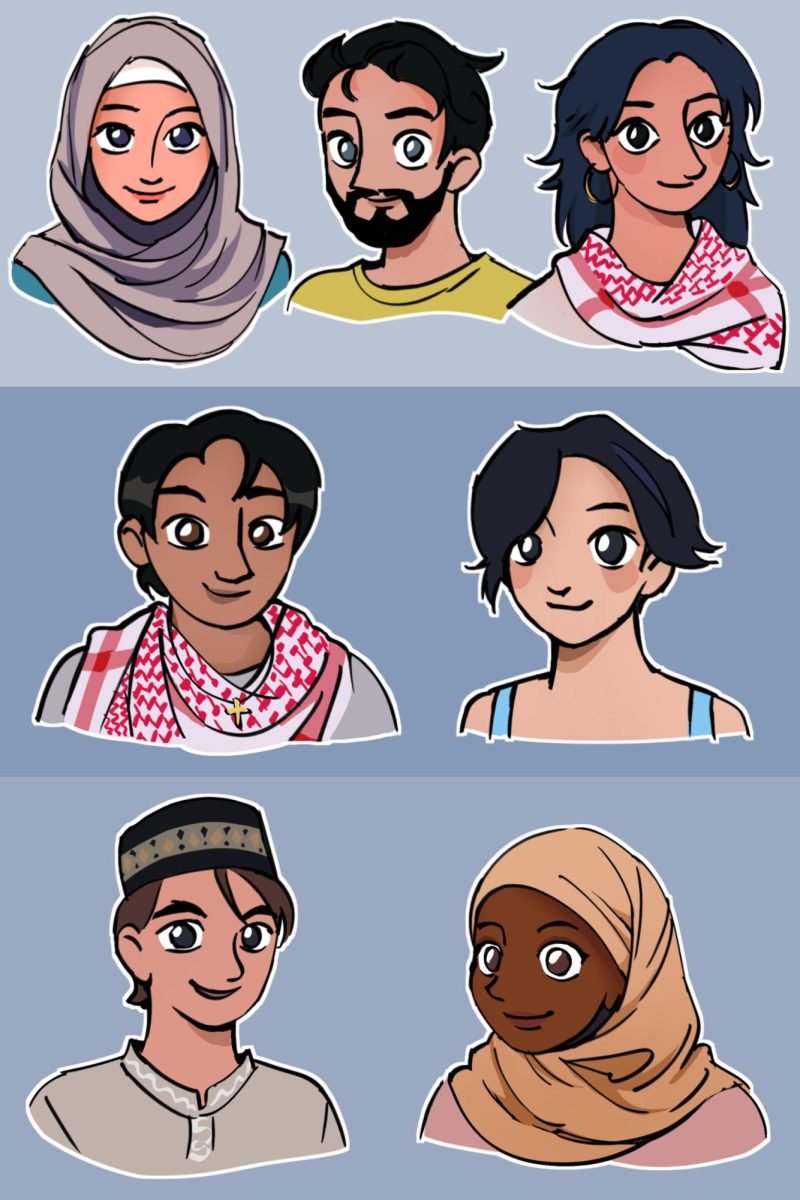

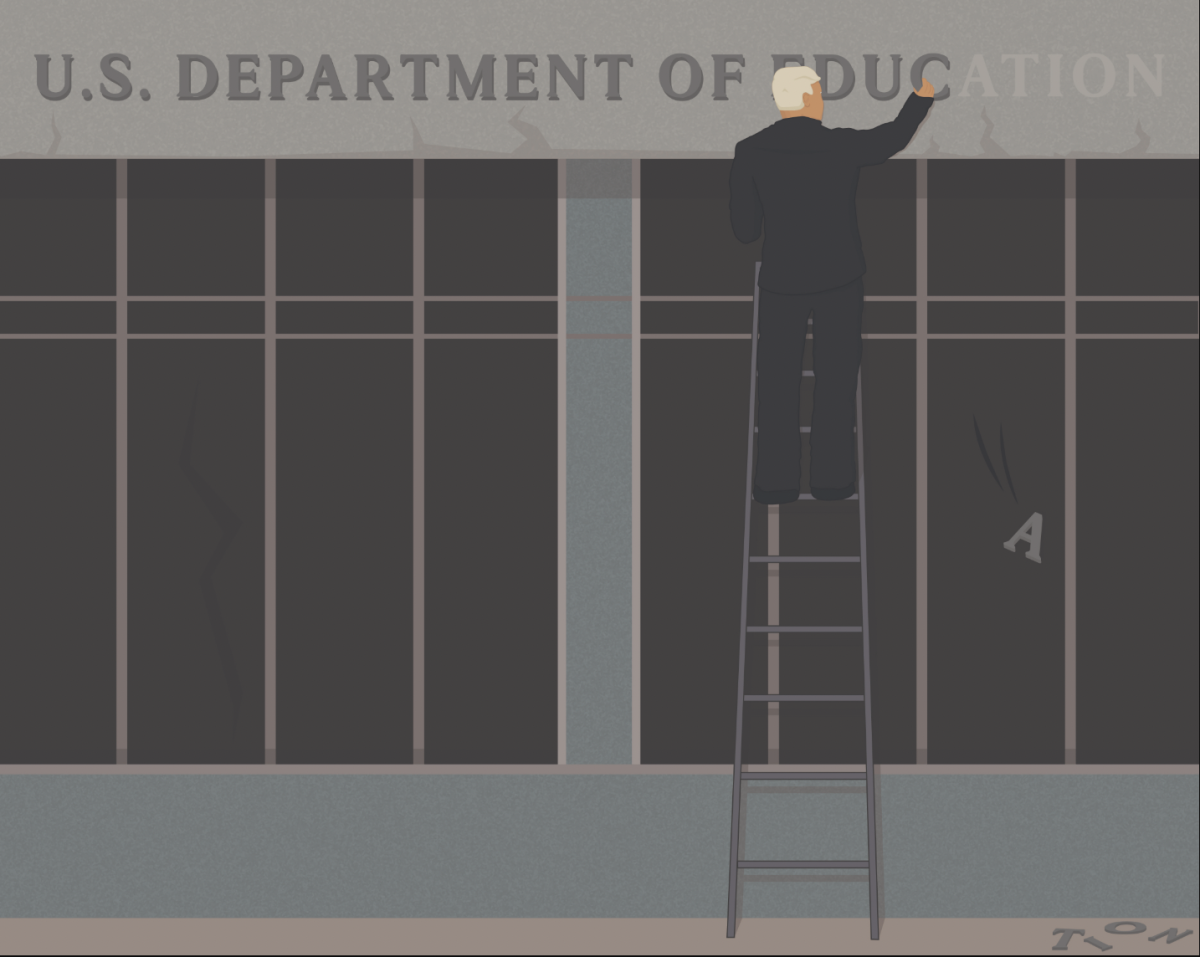
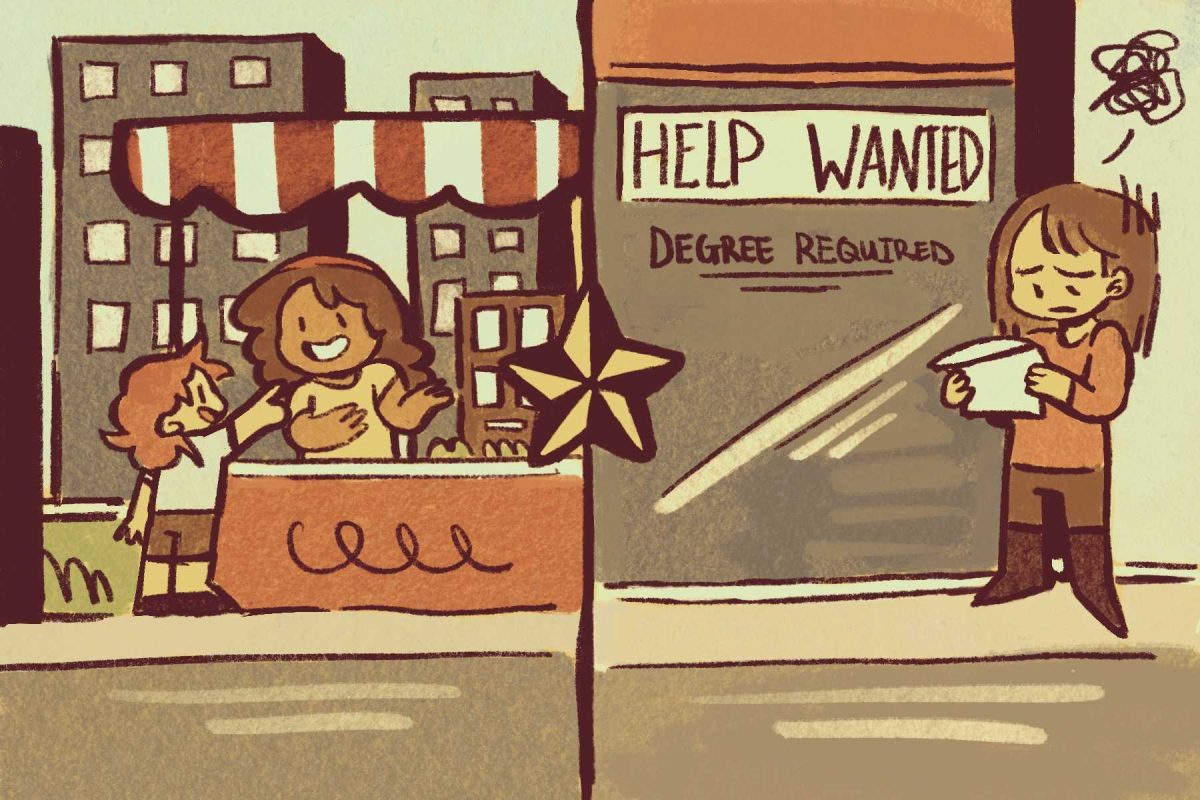
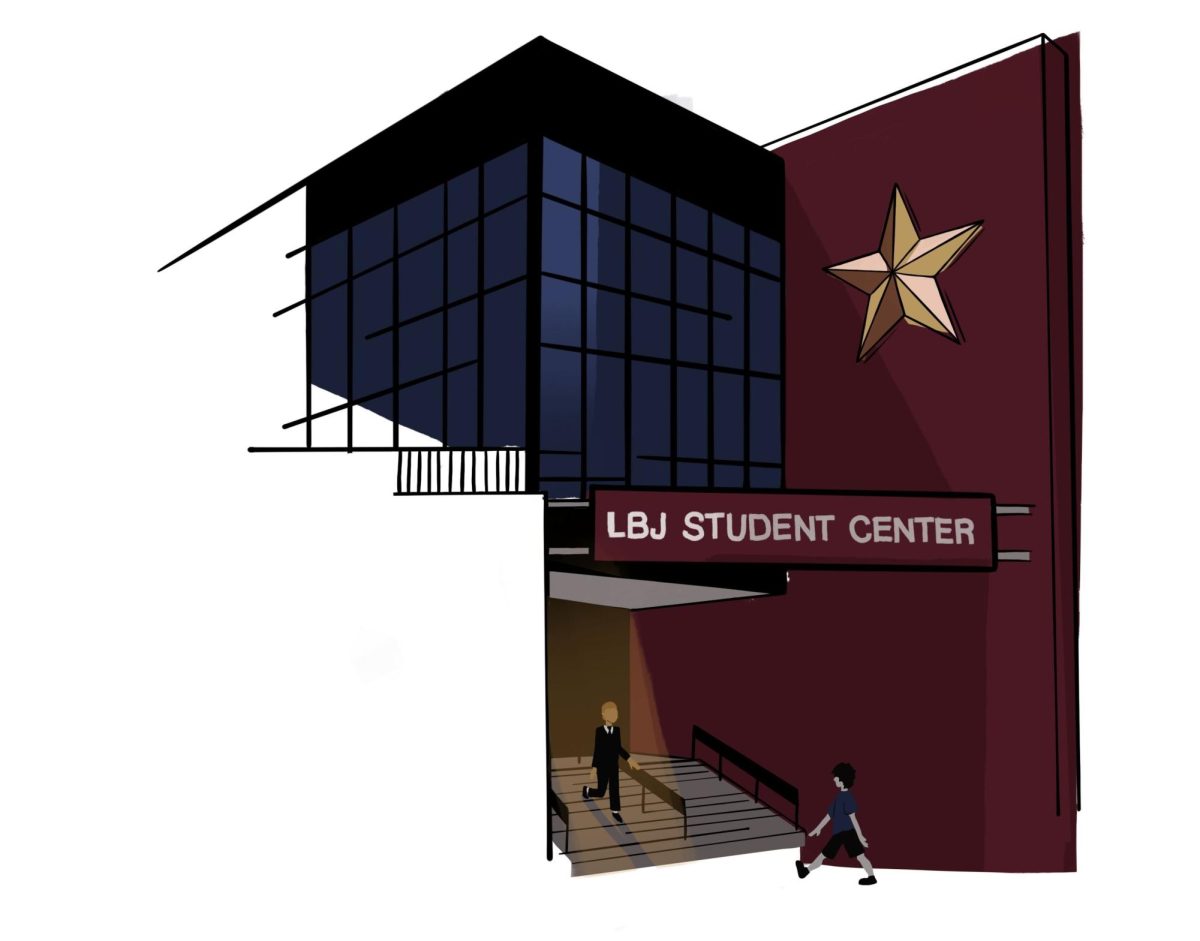
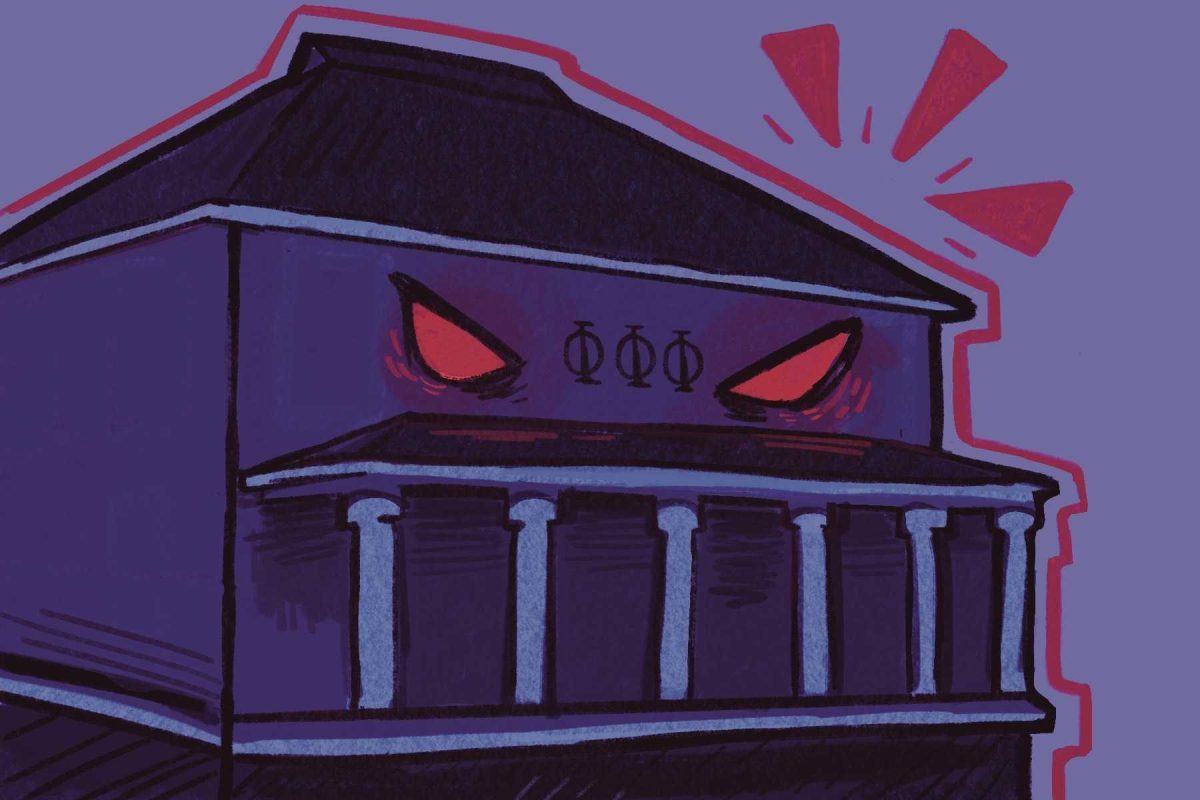
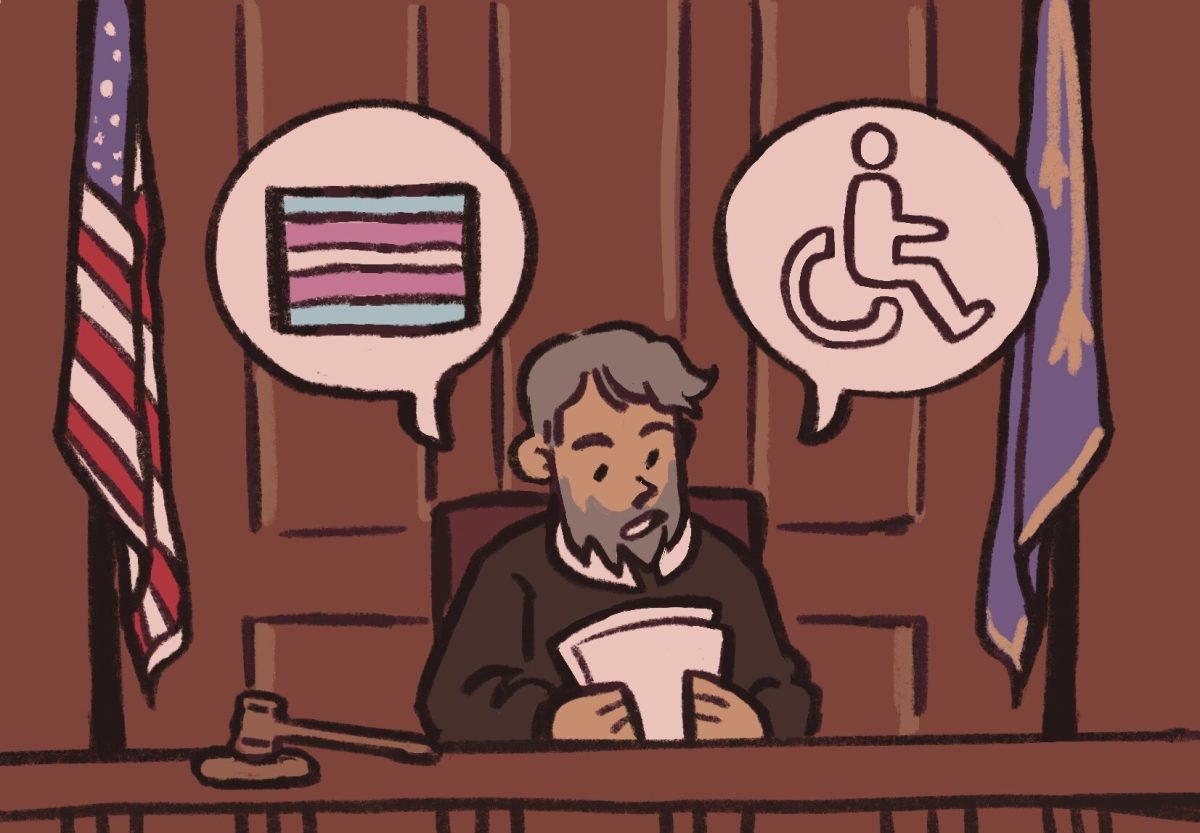


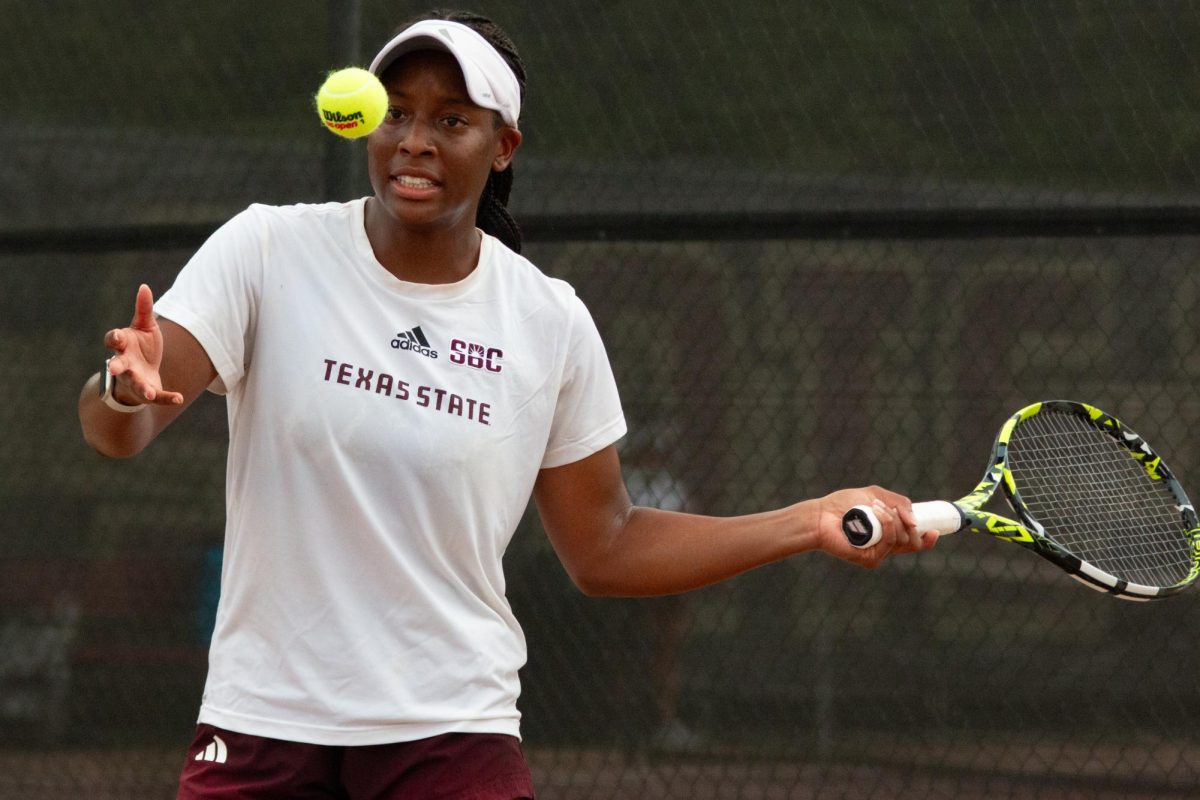
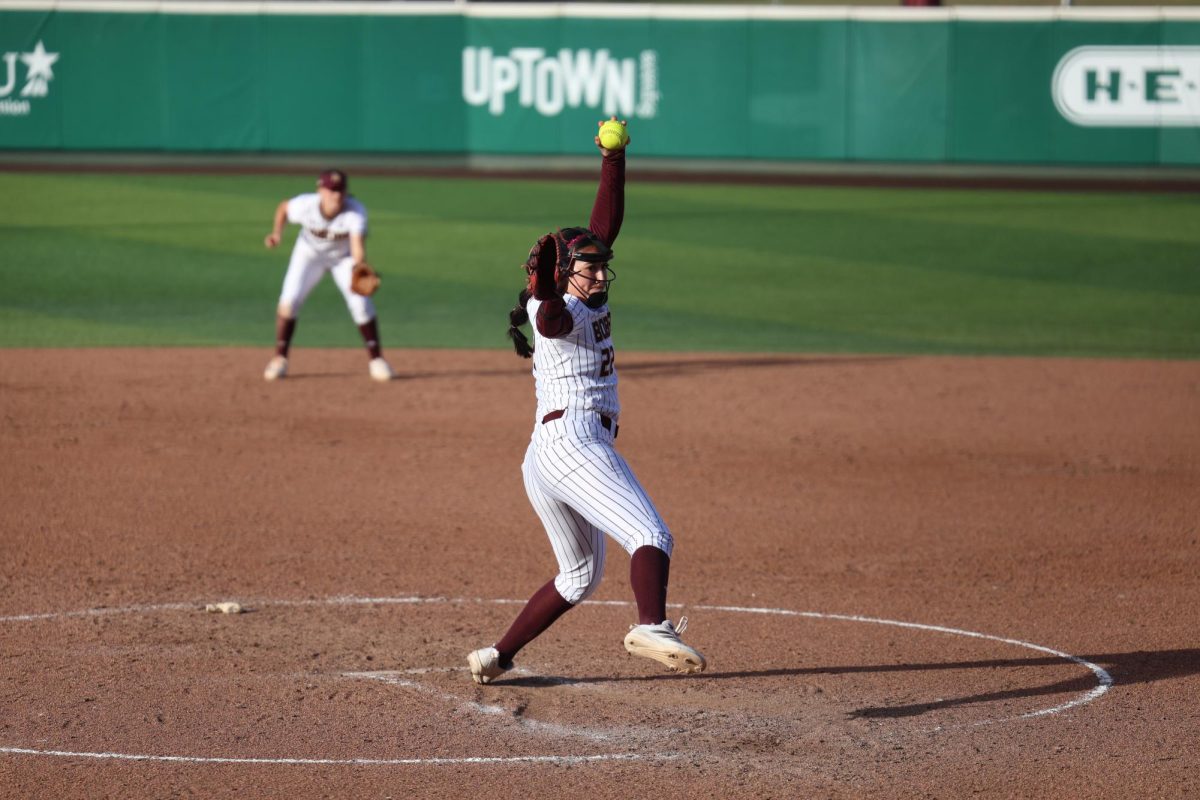

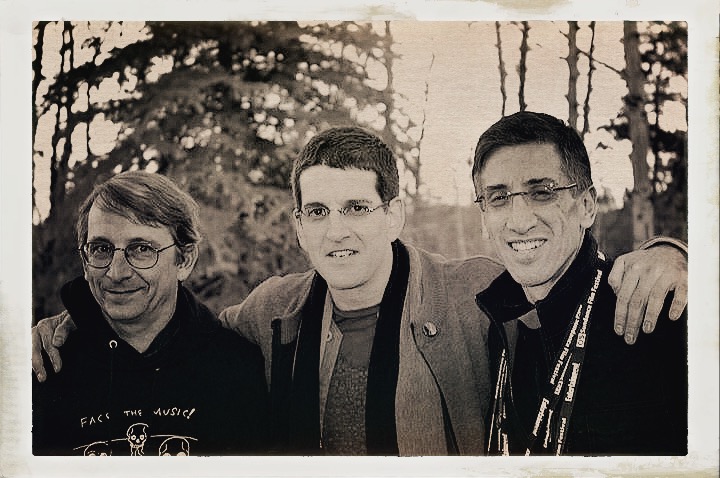

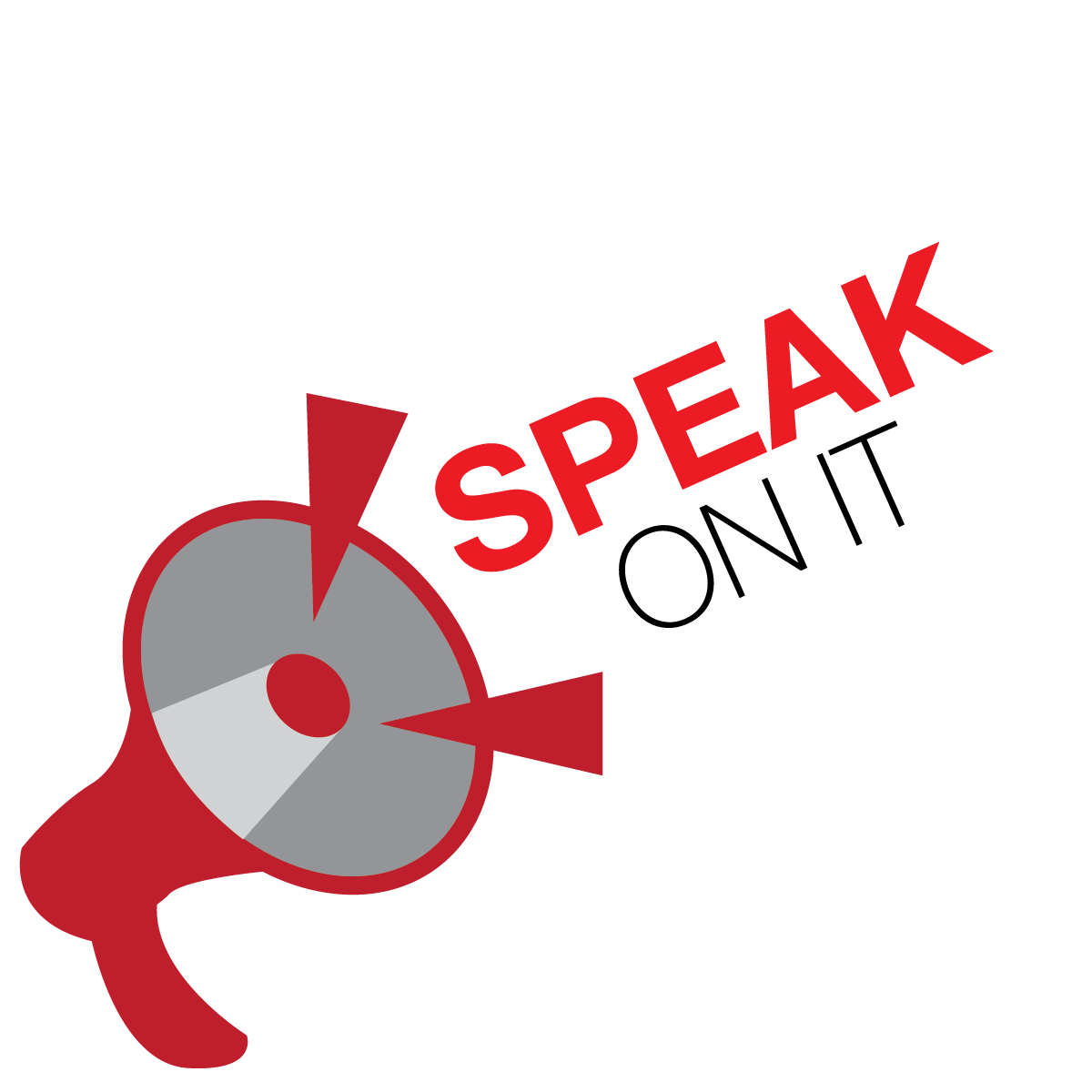




Celeste Snyder • Oct 8, 2024 at 8:53 pm
Thank you for sharing this important message. I experienced many similar experiences wearing hijab even though my ancestors were in the US from before the revolution. One time while getting social security cards for my kids, the clerk told me I spoke excellent English. She asked me how long my family was in the US so I said about 250 years, LOL.